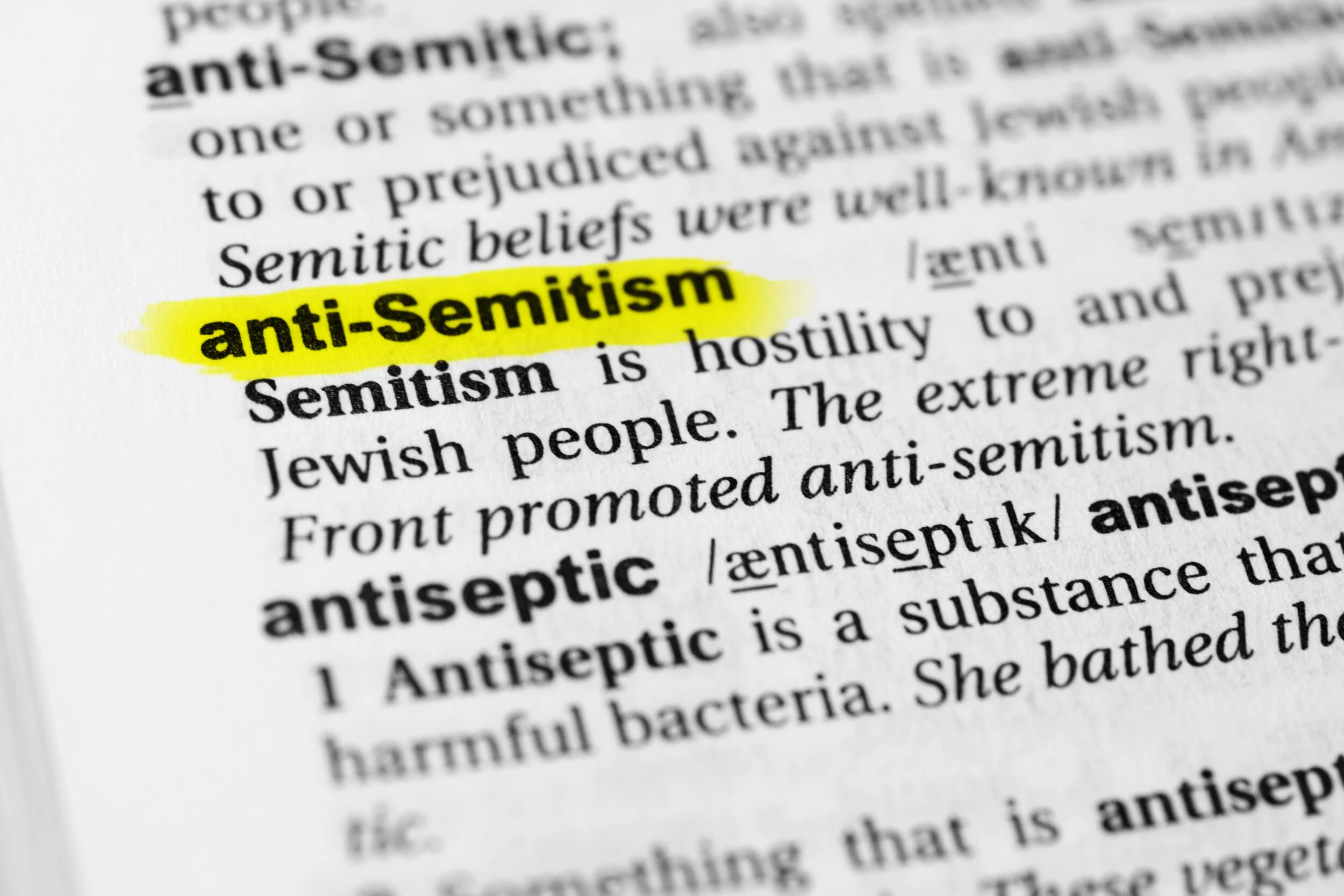Every now and then, religion-beat readers are granted a visitation from the ghost of church-state past.
In this case, we are dealing with a Washington Times report by former GetReligionista Mark Kellner, who has spent enough time inside the D.C. Beltway to understand that mass transit is the true public square for most citizens.
Thus, spot the classic church-state ghost in this headline: “Christian group, ACLU sue Metro over rejected bus ads featuring a praying George Washington.”
Need a hint? Who were some of the major players in the broad coalition that backed the near-unanimous votes in the U.S. Congress for the Religious Freedom Restoration Act in 1993?
OK, here is Kellner’s overture:
A Texas-based Christian education group has filed a free-speech lawsuit backed by the ACLU over the Washington Metropolitan Area Transit Authority‘s rejection of the group’s ads that feature images of a praying George Washington.
WMATA earlier this year rejected the ads from WallBuilders, an Aledo, Texas, organization founded by evangelical author David Barton to communicate “the moral, religious, and constitutional foundation” of the United States. The ads would have been displayed on Metro buses.
Wallbuilders was joined in the suit by the American Civil Liberties Union and its D.C. chapter, the First Liberty Institute and the law firm of Steptoe LLP.
Wait a minute. The ACLU and a conservative Christian group are on the same side in a First Amendment free speech/religious liberty case?
Of course, there was a time when this kind of broad church-state coalition was common, as in the RFRA era. But, these days, it’s tempting to think that this kind of First Amendment logic can only be achieved with the help of a time machine (or a case involving a small, sympathetic religious minority group).









